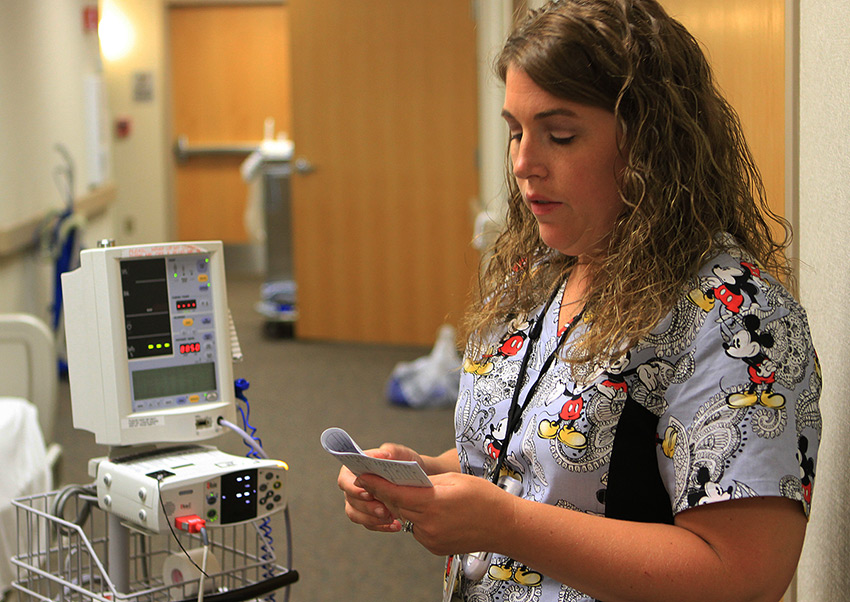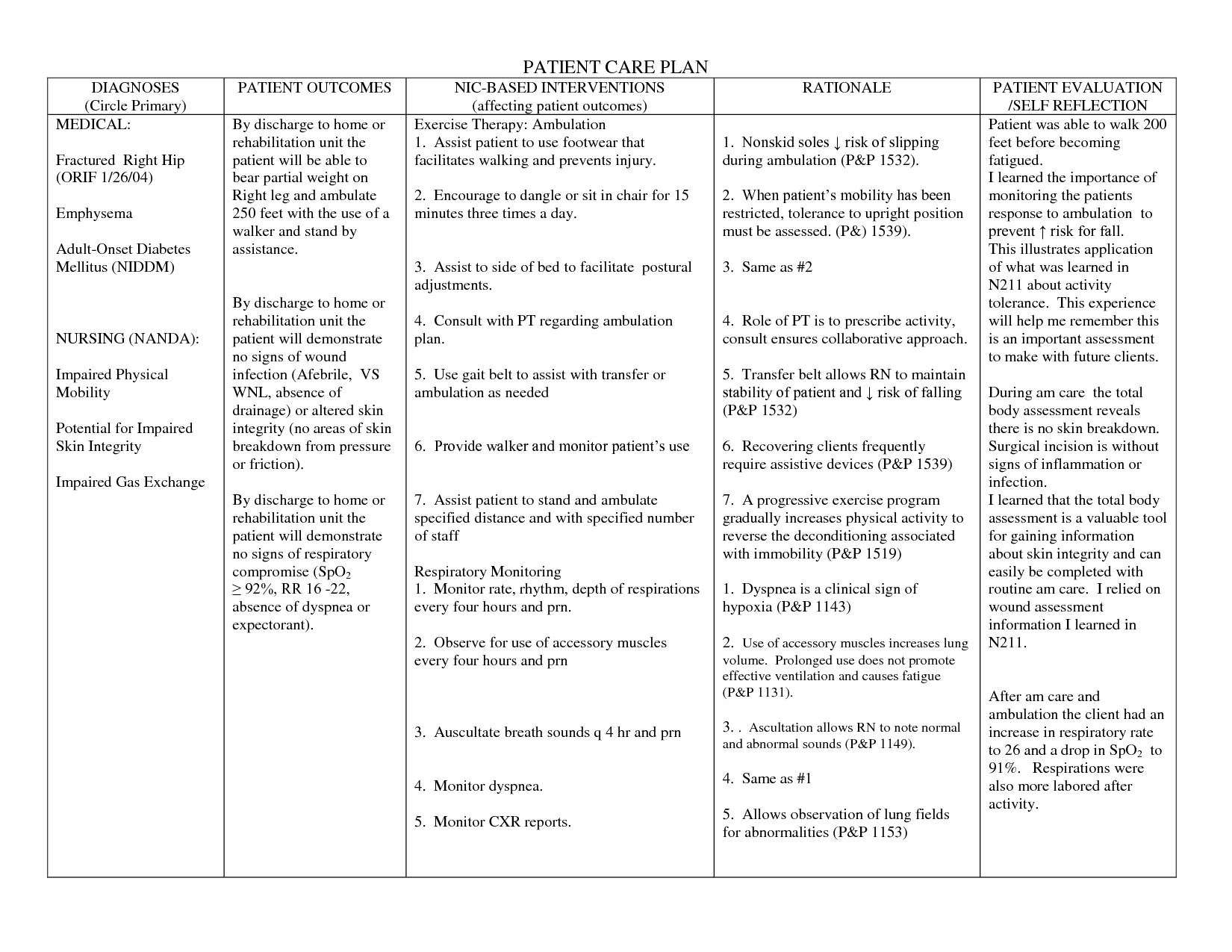CNA Jobs: 3 Best Places For New Certified Nursing Assistants
Congratulations! You’ve completed your CNA training and passed your certification exam. Your name is now proudly listed in the state’s CNA registry. You are ready to start your new career.
Now the big question is this: Where do you want to work?
Health care depends on CNAs to provide the hands-on personal care that patients need. There are many settings in which this happens. As you build your career, you’ll have the opportunity to explore the many areas of health care where your skills are needed. You can prepare for this vital role with our CNA practice test, designed to help you master the necessary skills.
Let’s review three of your options and get you started.
1. Long-term care and nursing homes:
Many people think that these are the only places that a CNA can work. Wrong! But this is one of the common ways to start out, because you can get a lot of experience while gaining confidence in your skills. Some CNAs really enjoy working with elderly and disabled clients. They recognize that all humans have worth and crave attention. Working in a nursing home also provides a stable day-to-day environment, which can be important to a CNA with responsibilities outside the workplace and outside the CNA job description.
A huge benefit of starting at a nursing home is being reimbursed for the cost of your CNA training
A huge benefit of starting at a nursing home is being reimbursed for the cost of your CNA training. Facilities that receive Medicare or Medicaid funds from the government are required to hire trained CNAs. If you worked at a nursing home or received a job offer before starting your CNA training, the facility is required to cover the cost. Even if you get a job offer from a nursing home before you finish your CNA courses, that employer must also pay for your training.

Suppose you want to take a break after completing your CNA training. Three months later, you apply to work at a nursing home and are hired there. The employer must pay 75% of your training costs. If you wait for six months, they must pay 50%.
Which expenses are covered? Everything except your scrubs and personal supplies:
- Any portion of the training coursework
- Fees for textbooks or other required course materials
- Registering individuals on the nurse aide registry
- Administration of the competency examinations
You are not required to stay at the nursing home that hires you for any length of time
The federal government recognizes that nursing homes cannot function without CNAs, so it pays for your training. You are not required to stay at the nursing home that hires you for any length of time. You cannot be asked to pay the nursing home back if you leave before 12 months, because it’s the federal government that pays for your training.
Here is the law that covers the costs of your CNA training if you choose to work in a nursing home after completing your coursework.
If a nursing home or long-term care facility isn’t for you, or you’re ready to try something new, what are some other possible choices?
2. Home health agencies:
Home health agencies rely on CNAs to provide daily care to patients who want to remain at home or who aren’t yet ready to enter a skilled nursing or long-term care facility. For many CNAs, this is the perfect job. After you get some solid experience, you’ll have the confidence to work without direct supervision.
Sometimes it takes a while to match you to a patient; the patient and their family must decide if you are a good fit.
Start by applying to one or more home health agencies. Sometimes it takes a while to match you to a patient; the patient and their family must decide if you are a good fit. You’ll take care of one patient at a time and get to know the family.
The patient’s care plan lists everything that needs to be done, as well as how often.
Documentation includes noting the patient’s vital signs and items such as intake and output and diet. You’ll want to record your observations and the care that you provide.
Besides caring for the patient, you will likely do some light housework related to the patient. It’s not unusual to tidy up the patient’s living space, prepare a meal, wash the dishes after the patient eats, or do the patient’s laundry. You may be responsible for monitoring the supplies that come from the agency and ordering more as needed.
As a home health aide, you’ll report to a nurse supervisor or nurse case manager. The nurse is a resource for your questions and concerns. The nurse can also contact the agency physician if there are medical issues.
While some CNAs love the pace of providing full care to an individual patient, others find it boring. They don’t like having downtime or looking for ways to fill their time. It’s a personal choice, one that you need to decide for yourself.
3. Hospitals:
Hospital jobs are often at the top of the list for CNAs. The pay and benefits are good, and it’s fun to work with a variety of health care professionals. A CNA may be paired with a single nurse or assigned to a group of patients for the shift.
In a hospital, a CNA may have a different job title, such as technician. Duties can include taking vital signs, caring for catheters, transporting patients, keeping patients clean, and sitting with patients. In a large hospital, the CNA may escort families or help with discharging patients.

An exciting feature of working at a hospital is that most departments use CNAs, so your duties vary with the specialty. There may be job openings in departments such as obstetrics, pediatrics, surgery, or emergency. Depending on the hospital’s transfer policies, it’s possible to switch to another unit or department after a certain amount of time and the approval of your supervisor.
A drawback of working at a hospital is that getting hired can be a challenge because there is less turnover than at other health care facilities. CNAs tend to enjoy the hospital environment and want to stay. However, don’t be discouraged.
Hospitals usually require CNAs with work experience. They want to know that you come both prepared and recommended. Put your application on file and follow the job openings on the hospital’s website. Apply for each spot that interests you.
If you live in an area where hospital CNA jobs are tight, consider becoming a volunteer at your favorite hospital.
If you live in an area where hospital CNA jobs are tight, consider becoming a volunteer at your favorite hospital. You’ll get to know staff members who can recommend you. And you will be able to include your volunteer experience on your job application … while you are helping others.
Don’t limit yourself and your career as a CNA. Be open to new opportunities—in fact, seek them out! Health care continues to change, and the CNA’s role will change with it. Get some experience and then explore the possibilities.
 By
By 




